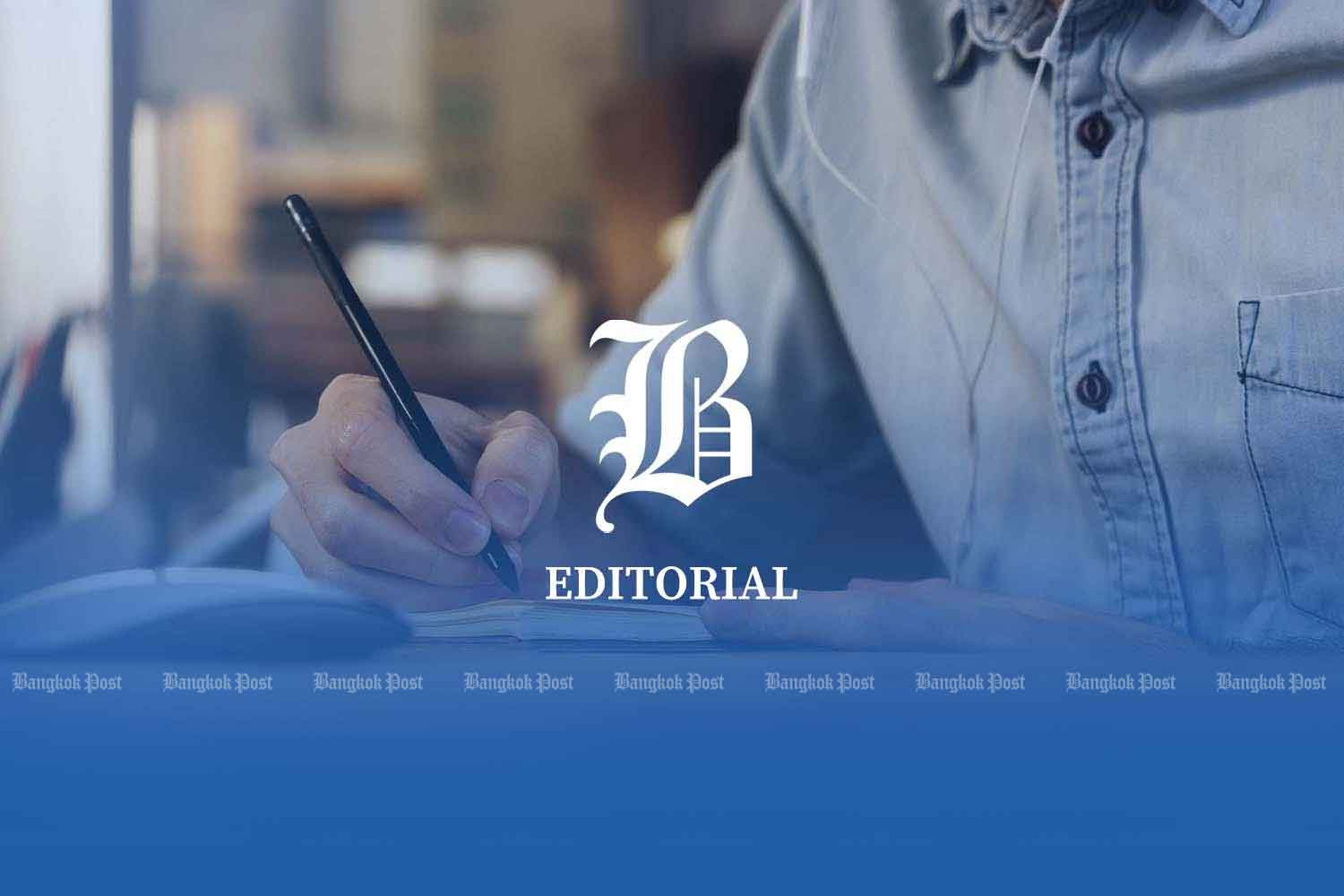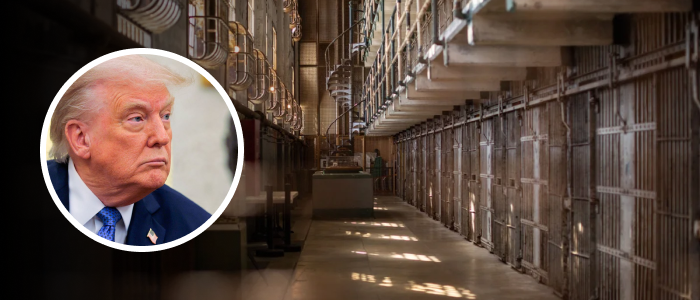Deputy Prime Minister and Finance Minister Pichai Chunhavajira recently declared Thailand may need to borrow as much as 500 billion baht to fund a major economic stimulus package, to soften the anticipated impact on global trade in which the economy will be hard hit by the United States' policy imposing a 36% tariff on Thai imports. The borrowing plan idea emerged after the International Monetary Fund (IMF) downgraded Thailand's 2025 economic growth forecast to a mere 1.8% from 2.
9%, lowest among Southeast Asian nations. The World Bank similarly slashed its projection to 1.6% from 2.

9%, according to its latest East Asia and Pacific economic update. Mr Pichai said the proposed stimulus must be substantial enough to produce a huge momentum and trigger plenty of domestic consumption. It must include enough to provide soft loans to local businesses affected by global trade wars.
Needless to say, the economy will face unprecedented challenges if the trade war comes to pass. A bigger question is whether borrowing on such a scale has merit, and whether it will be possible without producing massive side-effects. The borrowing, if approved, will raise the public debt ceiling from 70% to 75% or even 80% of GDP -- a shift that could erode investor confidence and weigh on Thailand's fiscal credit standing.
Huge borrowing might be justified under pressing circumstances. But the valid question is: how the money will be spent? Can the funds truly revive the economy, or will the package end up as just another "economic stimulus" measure that will be mostly washed away? The government must show the stimulus has a reliable monitoring system in place to ensure transparency and efficiency. Without auditing and appraisal, the package could end up being doled out to patronise special interests.
When the Pheu Thai-led coalition first took office, it floated the same idea of borrowing 500 billion baht to fund its nationwide digital wallet programme, offering 10,000 baht to citizens. At the time, a subcommittee of the National Anti-Corruption Commission (NACC) concluded the borrowing should not proceed, citing concerns about potential policy-based corruption, inadequate planning, fiscal risks, possible breaches of the constitution and the State Fiscal and Financial Discipline Act, not to mention the lack of an economic crisis. As of now, the economic benefit of the digital wallet remains unclear, as it seems not to have spurred local investment or consumption as much as the Pheu Thai Party boasted during the election campaign.
The economic situation merits an emergency response, and taking on more public debt or resorting to cash handouts might be a last resort for many. But before proceeding with any borrowing, the government must provide convincing evidence that such an action is essential, and assure the public the funds will be used prudently and in a manner that can be audited. Any stimulus programme financed through borrowing must be genuinely productive and effective, not merely a politically motivated handout.
Thailand cannot afford to repeat past mistakes. Money for cash handouts is not replenished by money falling from heaven. The money coming from the taxpayer's purse is drying up.
.
Politics

Yet another huge loan

Deputy Prime Minister and Finance Minister Pichai Chunhavajira recently declared Thailand may need to borrow as much as 500 billion baht to fund a major economic stimulus package, to soften the anticipated impact on global trade in which the economy will be hard hit by the United States' policy imposing a 36% tariff on Thai imports.















